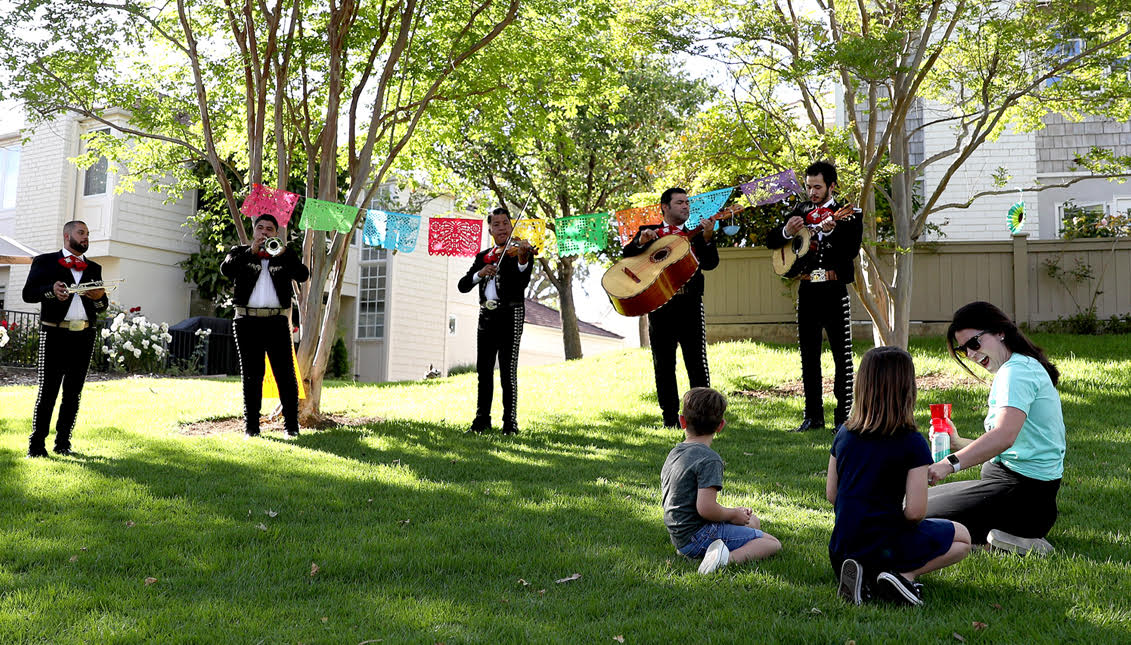
"Voces" of the Pandemic highlights Latinx voices across the U.S. spectrum
A new project captures different facets of the Latinx experience during the ongoing pandemic.
A new project by the University of Texas at Austin’s Voces Oral History Center documents a wide array of Latinx people living through the pandemic. The effort profiled almost 100 people, and their aim was to “illustrate the ways in which the Latinx community has been affected by COVID-19.”
Throughout its history, the center has grappled with telling such stories, and was started in 1999 by journalism professor Maggie Rivas-Rodriguez. At the time, she was a frustrated researcher that couldn’t find anything on the involvement of Latinx soldiers in World War II.
Elevating Latinx voices amid the COVID-19 pandemic is yet another chapter.
“While I was writing I realized that this is one of the biggest things that has happened in my lifetime. I thought: ‘We need to not only acknowledge the times that we are living in, but we also have to find a way to document them,’” said Rivas-Rodriguez.
An editor’s note followed the realization, and it acted as an announcement for the next series it would conduct, featuring a host of interviews about experiences during the pandemic.
“And that’s how this started,” continued Rivas-Rodriguez.
The project was conducted from a range of places that stretched from Phoenix, AZ to Miami, where they met and interviewed ICU nurses who worked tirelessly to save peoples lives.
An early storyline that revealed itself was the pandemic’s toll on frontline health workers, who have sacrificed their sanity for other people.
But everyone continues to grapple with the tough year. One, which most will collectively look back on as one of the darkest in their lifetimes.
The project gives a chance to record the stories of this moment in history.
Outside of the frontline workers, there are also the stories of those attempting to cope in various ways with how the virus has impacted daily life.
Vincent Pena, a doctoral student who works as a graduate research assistant for Voces of the Pandemic, interviewed his brother.
Their experience is of talking about the pandemic often and just outlining its effect on the day-to-day.
“We just vent to each other, and that’s not the same as being asked, ‘Hey, how does the coronavirus impact your day-to-day life?’” said Pena.
In the vein of goals of the center, Latinos are especially important because in the grand scheme of American history, they are almost nonexistent, instead overshadowed by a narrative of white men.
The pandemic stories of the oral history it gathers sets the precedent for a better future of complete historical record keeping and will be a moment people look back on and appreciate.











LEAVE A COMMENT: